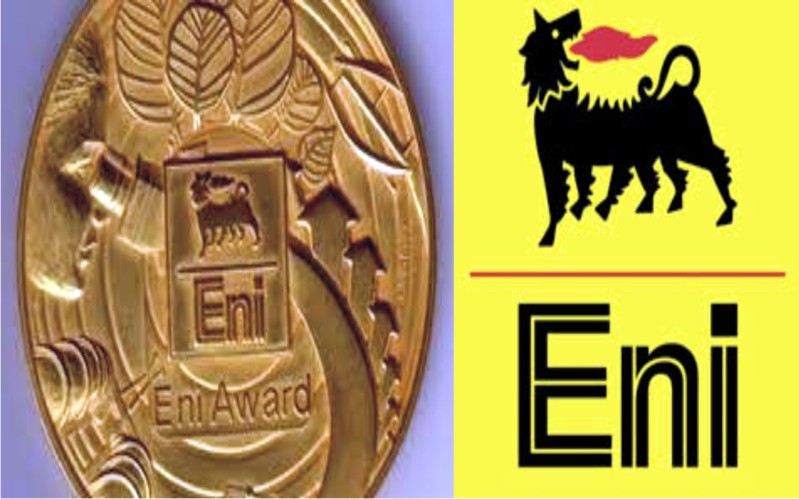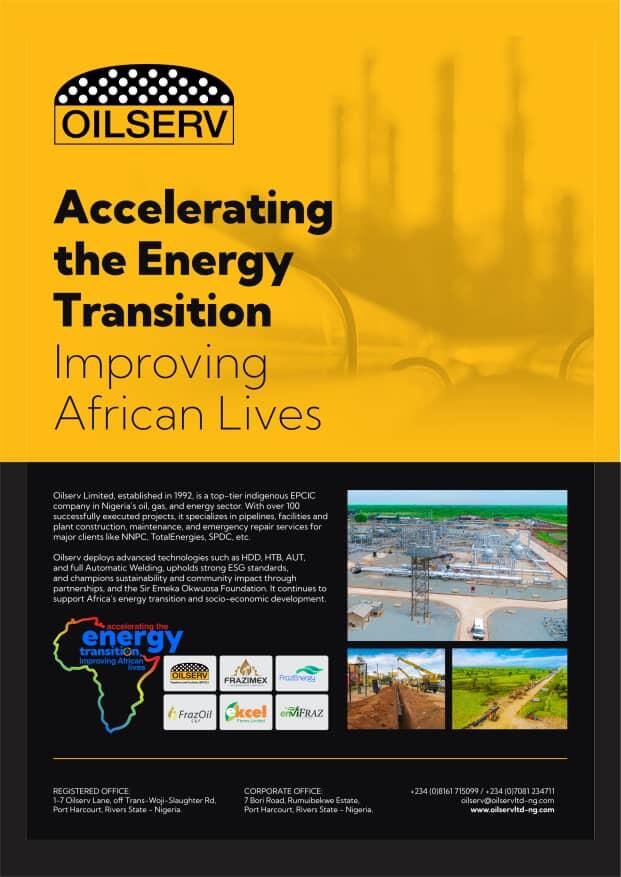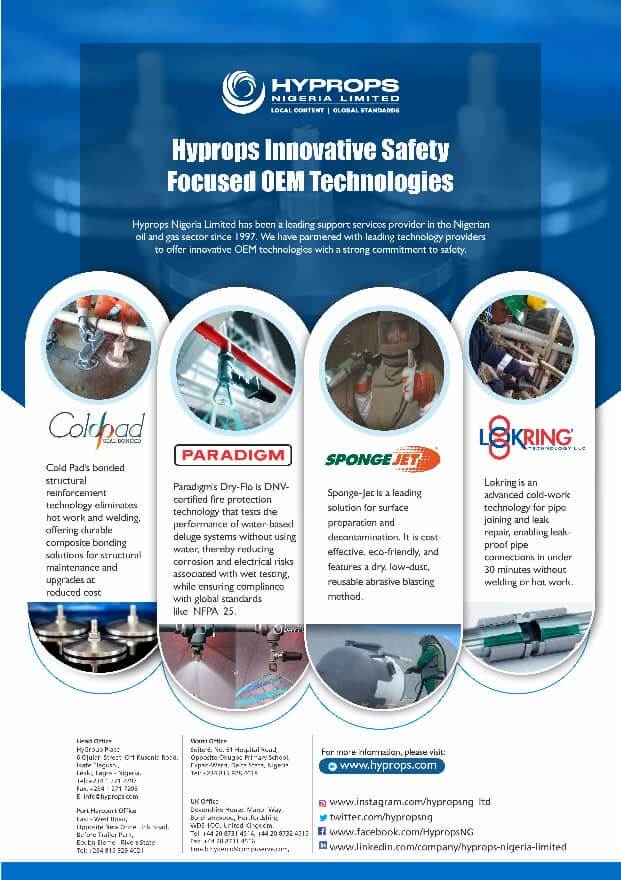Eni has announced the names of the winning researchers and scientists of the fifteenth edition of the Eni Award, a prize established in 2007 that has become an international reference point for research in the fields of energy and environment. The aim of the award is to promote radical breakthroughs in energy efficiency, renewables, decarbonization and safeguarding of the environment, stimulating the work of new generations of researchers. The award testifies to the importance that Eni places on talent, scientific research and innovation.
The Energy Transition Award, one of the three main prizes, which celebrates the best innovation for decarbonizing the energy system, has been awarded ex aequo to Yu Huang, University of California (Los Angeles, USA) and Jeffrey R. Long, University of California (Berkeley, USA).
Prof. Yu Huang developed high performance materials for electrodes in HFCs (Hydrogen Fuel Cells). She designed and prepared highly active catalysts with controlled atomic distribution, inventing “nanoscale pockets” that protect these catalysts from degradation, while maintaining their high activity under operating conditions. Moreover, she revealed a unique design of ultrafine jagged platinum nanowires that exhibit extraordinary results in terms of electrochemical surface area and specific activity, suitable for actual PEMFCs (Proton Exchange Membrane Fuel Cell), which can be used in next generation clean energy powered vehicles with zero emissions.
Prof. Jeffrey R. Long has introduced the disruptive concept of cooperative absorption on Metal Organic Frameworks materials (MOFs) for the selective and efficient separation of important molecules such as carbon dioxide, carbon monoxide and ammonia in diluted gas mixtures. These materials have proven to be efficient in capturing CO2 directly from the air (via Direct Air Capture), because of their high absorbing capacity and stability, requiring small temperature and pressure swings for regeneration.
The Energy Frontiers Award for research on renewable energy sources and energy storage was awarded to Matthew Rosseinsky, University of Liverpool (UK), for his innovative machine learning approaches in the automated discovery of materials for next-generation energy. He demonstrated for the first time that novel structures of inorganic materials can be realised by predicting their energies using knowledge-based tools. His discoveries include: low thermal conductivity oxides for thermoelectrics, thermal barrier coatings for turbines, lead-free perovskites for photovoltaics and materials with high lithium transport properties for all-solid state lithium batteries.
The Advanced Environmental Solutions Award, dedicated to research for the protection and sustainable use of natural resources, was awarded to Thalappil Pradeep, Indian Institute of Technology, Madras (India), who discovered advanced sustainable and affordable nanoscale materials for the removal of toxic contaminants (arsenic, fluoride, uranium, heavy metals, dissolved solids and microorganisms) from water. The discovered technologies are both sustainable and cost-effective and have been implemented as drinking water solutions benefitting 1.3 million of people in India every day.
The Young Talents from Africa category, established in 2017 on the 10th anniversary of the Eni Award and dedicated to young talent from the African Continent, awarded four prizes this year. The honorees are: Gloria Amo-Duodu, Durban University of Technology (South Africa), Elshaday Mulu Fetene, Moi University (Kenya), Tsion Ayalew Kebede, Addis Ababa University (Ethiopia) and Natnael Tilahun Sinshaw, Addis Ababa University (Ethiopia). They are awarded a 3 year PhD scholarship to continue their research at an Italian University.
Amo-Duodu is planning to study the feasibility and potential of harnessing biogas produced from food waste as a breakthrough energy source in Ghana.
Fetene’s proposal concerns the production of biohydrogen from fruit and vegetable waste, particularly abundant in Ethiopia, using catalysts from low-cost natural and synthetic materials.
Kebede aims to build a predictive model of the impact of climate change on water resource, by analyzing available historical data from 1992 to 2022.
Sinshaw’s proposal concerns a model for real-time crop disease severity prediction using deep learning systems.
For the Young Researcher of the Year Award, which honors two researchers who have completed their PhDs at Italian universities, the prizes were awarded to Michele Ghini (Università di Genova) and Hilmar del Carmen Guzmán Medina (Politecnico di Torino).
Michele Ghini has developed and tested novel metal oxides able to combine both light energy harvesting and conversion and energy storage in the same set of materials. In particular, he designed micro-supercapacitors, useful for the manufacturing of self -powered devices which are promising for the microelectronics industry. His achievements provide a noteworthy contribution to the energy efficiency of (opto)electronics.
Hilmar del Carmen Guzmán Medina studied electrocatalytic reduction of carbon dioxide to value-added products, such as methanol and ethanol. She started from a reference system used in thermo-catalytic processes and modified its composition by doping with other elements and modulating the textural properties to develop new catalysts for the electrochemical reduction of CO2 into value-added products with improved conversions and efficiency.
For the Eni Innovation Award, which selects the most innovative projects developed by Eni researchers and technical experts, prizes were awarded to:
- Aldo Bosetti, Carmen Samà (Eni), Luca Madia, Massimo Zampato (Eniprogetti) for patenting shell & tube reactor and redox process at high temperature;
- A. Amico, G. Assanelli, M. Notari, R. Po’ (Eni) for developing a paint containing Few Layer Graphite Liquid Dispersions (FLG-LD) with antimicrobial, antibacterial, antiviral, anticorrosive and anti-fouling paints applications;
F. Argento, A. Vignali (Eni), M. Favaretto (Eniprogetti) for developing a ATEX certified drone, able to operate in potentially explosive atmospheres, to detect methane fugitive emissions in oil & gas plants.






















